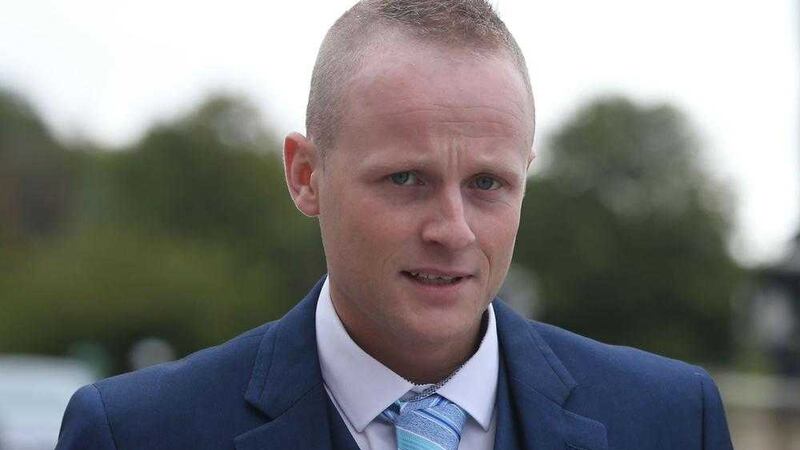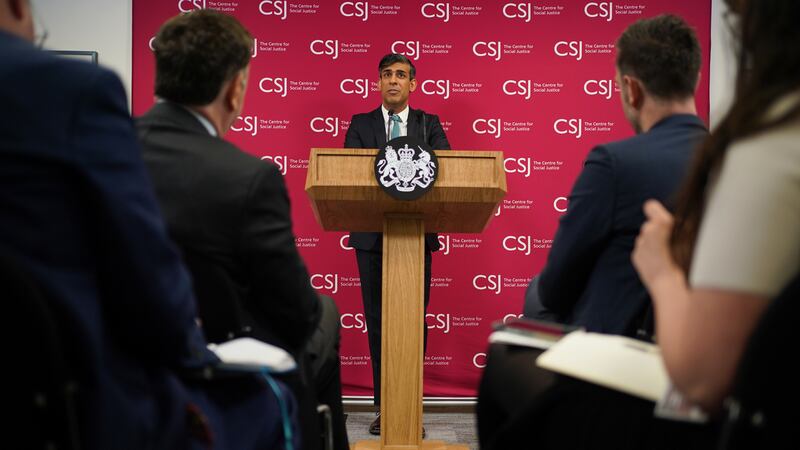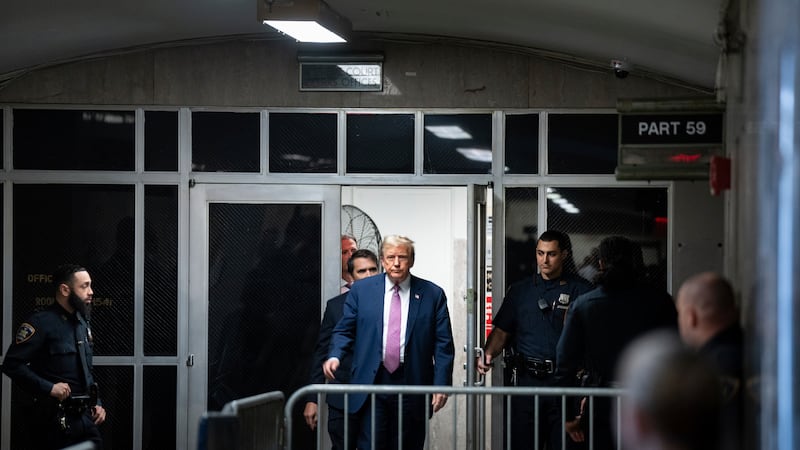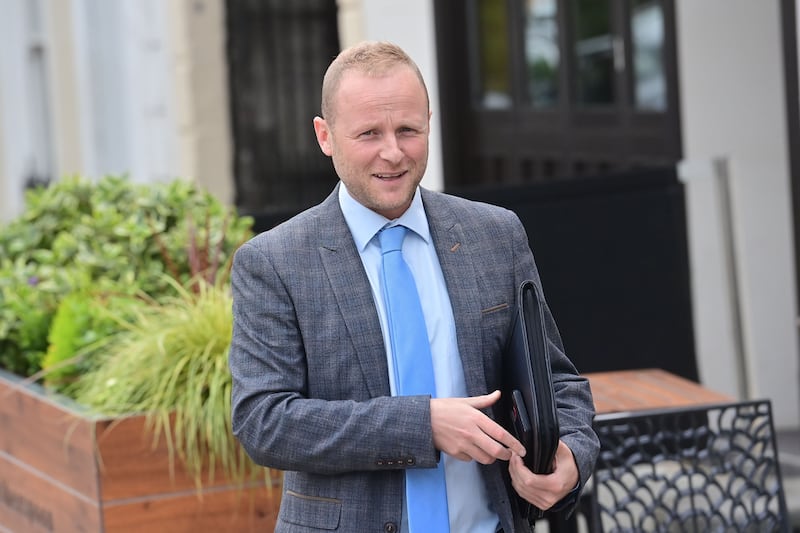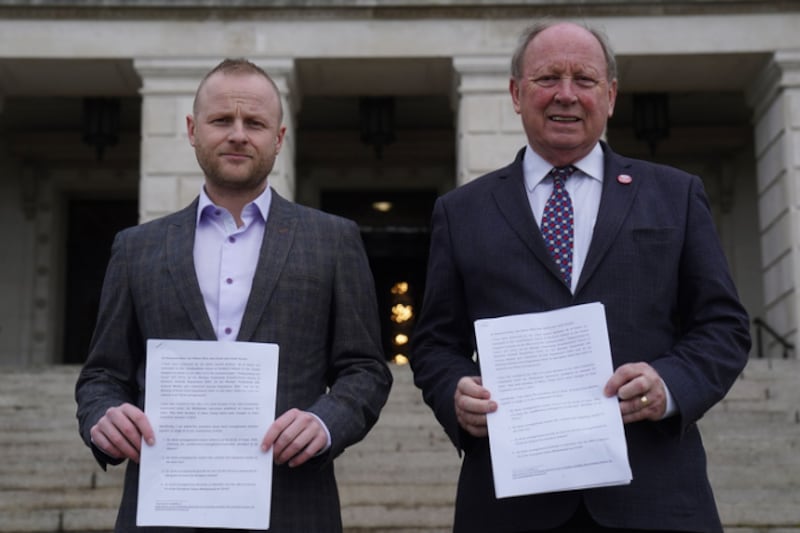HIGH profile flag protester Jamie Bryson has failed in a bid to overturn his conviction for taking part in illegal public processions.
Appeal judges on Monday rejected claims that the onus was wrongly shifted onto him to show he was unaware that a series of demonstrations in Belfast broke the law.
Lord Chief Justice Sir Declan Morgan ruled: "Where the information was within the appellant's knowledge it was clearly more appropriate to place the legal burden on him. That burden was not arbitrary or beyond reasonable limits."
Bryson was challenging convictions for which he received a six-month suspended prison sentence.
The 25-year-old, of Rosepark in Donaghadee, Co Down, had fought charges linked to widespread demonstrations over the decision to restrict the flying of the Union flag at Belfast City Hall.
He faced four counts of participating in un-notified public processions during January and February 2013, and obstructing traffic on the city's Newtownards Road.
At his trial last year he insisted he did not know the protests could have been unlawful, and claimed he was the victim of a political prosecution.
He accepted featuring on CCTV footage of the events, but repeatedly stressed that each time he walked to and from the centre of Belfast as an individual.
During the contested hearing prosecution counsel had accused him of treating police who interviewed him with contempt.
The court heard Bryson told officers quizzing him about the marches that he was a republican and the first minister.
He even suggesting a fictional gay relationship with fellow campaigner Willie Frazer, it was claimed.
In an unusual move defence lawyers called a senior PSNI officer to give evidence as part of their case.
Assistant Chief Constable Will Kerr told how he agreed to meet Bryson and loyalist community representatives as part of efforts to ensure their weekly demonstrations did not break the law.
Mr Kerr also insisted that he warned those at the meeting on January 29, 2013 of the "criminal justice consequences" of taking part in un-notified public processions.
Bryson's bid to overturn his convictions at the Court of Appeal centred on the legislation used to prosecute him.
The Public Processions (Northern Ireland) Act 1998 had left him facing a reverse burden to prove he did not know, or have reason to suspect the demonstrations were unlawful.
His lawyers had previously contended that was a breach of his human rights.
They argued that he faced an unjustifiable burden to prove he was oblivious to the illegal status of the marches.
But Sir Declan, sitting with Lord Justice Gillen and Mrs Justice Keegan, held that the issue of whether Bryson knew or suspected the parade was un-notified was "plainly within his own knowledge".
He backed the trial judge who had stated a case posing questions on whether she was right to apply a legal burden and hold that it did not unjustifiably infringe on the presumption of innocence.
The Lord Chief Justic confirmed: "For the reasons given we answer each of the questions in the affirmative."
